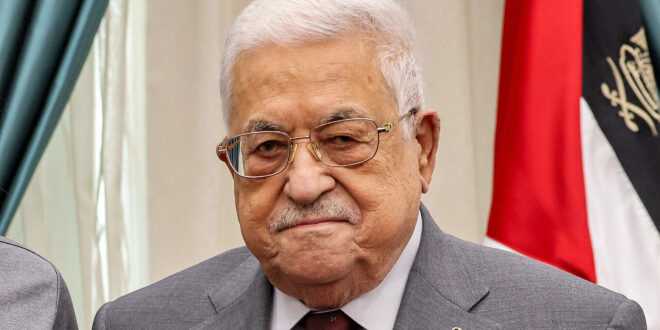Introduction to Palestinian Leadership
The Palestinian leadership plays a pivotal role in Middle Eastern politics and global diplomacy. Understanding who leads this critical region is essential for comprehending its current political landscape. The Palestinian President represents not only the face of Palestinian governance but also a symbol of their national aspirations.
Historical Context of Palestinian Presidency
The role of the Palestinian President has evolved over time. Historically, it has been intertwined with the complex political dynamics of the region. The establishment of the Palestinian Authority (PA) in 1994, following the Oslo Accords, marked a significant milestone in Palestinian self-governance, introducing the official position of the President.
Current Palestinian President: Mahmoud Abbas
As of my last update in April 2023, Mahmoud Abbas is the incumbent Palestinian President. Abbas, also known as Abu Mazen, has been in office since January 2005 following the death of Yasser Arafat. His leadership has been characterized by efforts to achieve Palestinian statehood and navigate the turbulent politics of the region.
Political Career and Ideology of Mahmoud Abbas
Mahmoud Abbas’ political career spans several decades. A member of the Fatah party, he has been instrumental in shaping Palestinian policy. Abbas is known for his moderate stance compared to other Palestinian political figures, often advocating for a peaceful resolution to the Israeli-Palestinian conflict through negotiation and diplomacy.
Challenges Faced by the Palestinian President
The Palestinian President faces numerous challenges, including political divisions within Palestinian society, particularly between Fatah and Hamas, the socio-economic crisis in Palestinian territories, and the complex relationship with Israel. These challenges require astute political acumen and diplomacy to navigate.
Abbas’ Approach to the Israeli-Palestinian Conflict
Abbas’ approach to the Israeli-Palestinian conflict has been markedly different from his predecessor, Yasser Arafat. He has consistently advocated for a two-state solution and engaged in various peace talks, although with limited success. His tenure has seen periods of heightened tensions and attempts at reconciliation.
Impact of the Palestinian President on International Relations
The Palestinian President plays a crucial role in shaping international perceptions of the Palestinian cause. Through diplomacy, the President seeks to garner support for Palestinian statehood and rights. The position also involves navigating complex relationships with various countries and international organizations.
Future of Palestinian Leadership
Looking ahead, the future of Palestinian leadership is a subject of significant interest and speculation. The question of succession post-Abbas is particularly pertinent, considering his advanced age and the political landscape’s volatility. The next leader will inherit a challenging but crucial role in Palestinian history and global politics.
Conclusion: The Role of the Palestinian President in Global Politics
The Palestinian President is more than just a political leader; they are a symbol of Palestinian aspirations and struggles. Understanding the intricacies of this role offers insights into broader Middle Eastern politics and the ongoing quest for peace and stability in the region. The leadership of Mahmoud Abbas, despite challenges, highlights the continual evolution and resilience of Palestinian governance.


